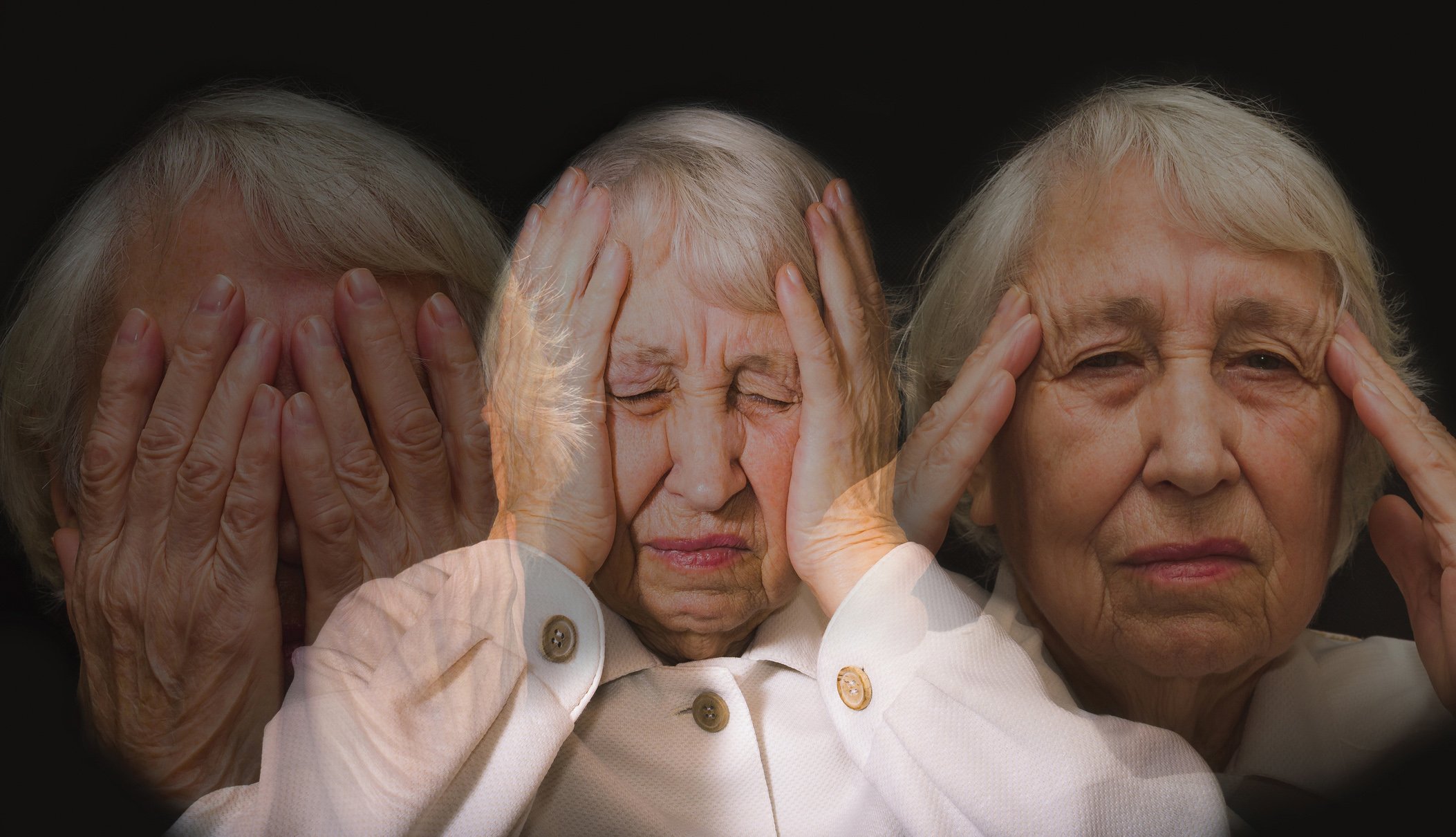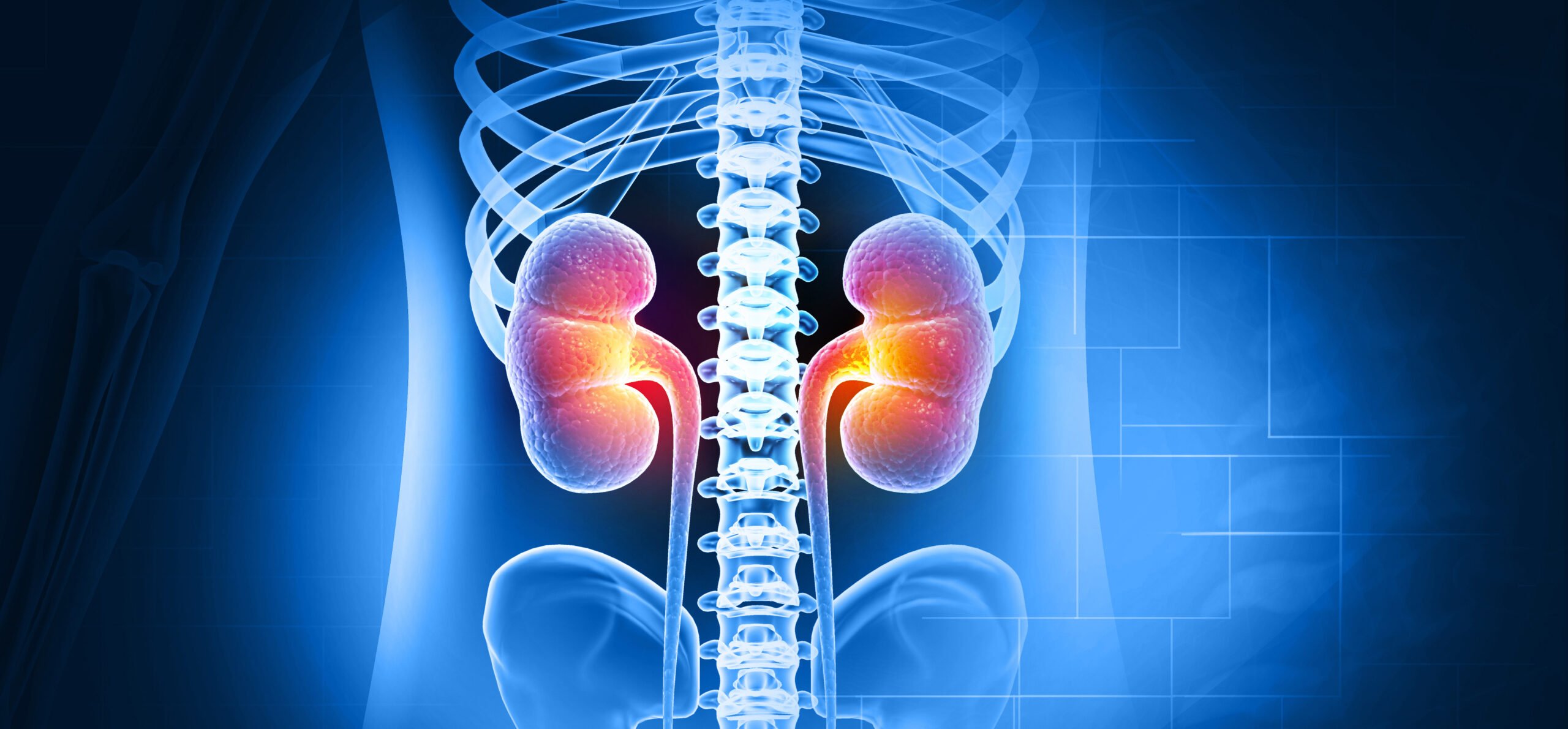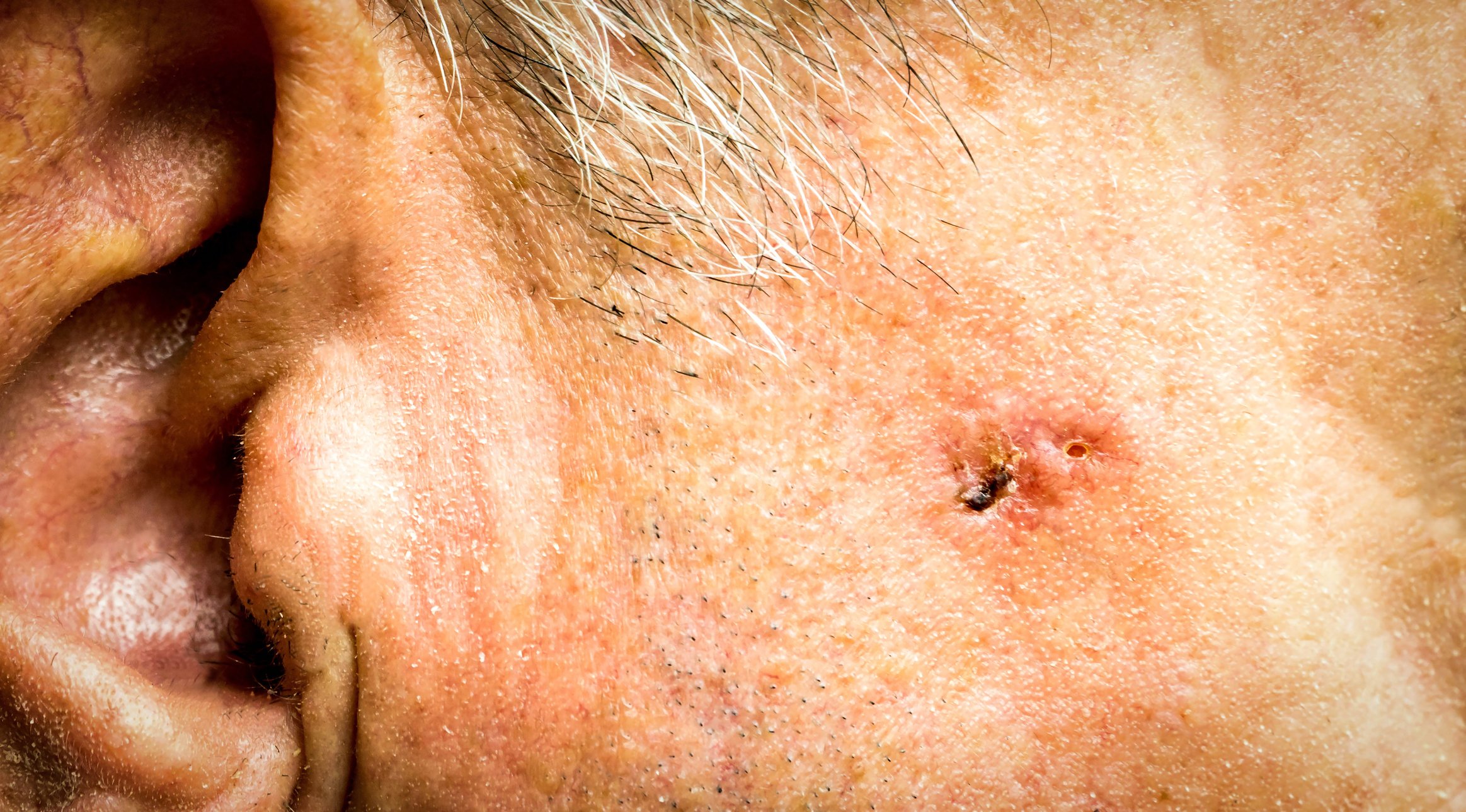Parkinson’s is the second most common neurodegenerative disease. In Switzerland, around 15,000 people are affected – and the trend is rising. Movement disorders such as tremor, rigor or bradykinesia are typical. Research is running at full speed in order to be able to treat the disease effectively on an individual basis and in the long term. The latest study results have now been presented.
Multidisciplinary individualized therapy concepts are an important component in the treatment of people with idiopathic Parkinson’s syndrome (IPS). Although some patients receive inpatient multidisciplinary therapy as part of geriatric complex therapy (GKT), the majority of studies have focused on Parkinson’s complex therapy (PKT). The extent to which the target groups of the two forms of therapy are comparable has not yet been investigated. Therefore, two groups were descriptively compared to determine whether they differ from PKT and GKT in terms of clinical parameters recorded on admission [1].
A total of 304 people were included. After carrying out a list-by-list case exclusion, 188 complete data records remained. The groups differed significantly in terms of age, duration and stage of the disease. Significant differences were also found in motor (SPPB, MDSUPDRS III) and non-motor parameters (MoCA), with the GKT group being older and more severely affected on average (higher score in MDS-UPDRS III, lower in SPPB and MoCA). The gender distribution and the LED did not differ significantly.
Perception of fluctuations
Non-motor symptoms (NMS) have a greater impact on the quality of life of Parkinson’s patients than motor symptoms and can fluctuate between the “ON” and “OFF” states. However, the ability to self-perceive non-motor fluctuations (NMF) in Parkinson’s patients has not yet been investigated, which calls into question the common practice of retrospective data collection on the expression of NMF. A study has now investigated how well Parkinson’s patients in a “well-medicated ON state” can assess the severity of their NMS in the “OFF” state [2]. To this end, 30 Parkinson’s patients were interviewed under controlled inpatient conditions about the severity of their NMS using a newly created electronic questionnaire on NMS.
The results show significant misjudgements of self-perception NMF in five out of seven areas with the greatest deviations and thus strongest misjudgements in the areas of drive/energy (clinically relevant misjudgements in 47% of patients) and interests/creativity/self-confidence/self-assurance (clinically relevant misjudgements in 42% of patients). Significant fluctuations in NMS between “real OFF” and “best-ON state” were found in all areas except the area of perception/impulse control, whereby in the “OFF” state there was a significant and clinically relevant deterioration in NMS in the areas of drive/energy, interests/creativity/self-confidence/self-assurance, emotion/mood/well-being and attention/concentration/stress management in about half of the Parkinson’s patients. In the “OFF” state, significant and moderate to strong correlations were found between the information on the symptom severity NMS using the NMFS-42 and the Non-Motor Symptoms assessment scale for Parkinson’s disease in the areas of drive/energy, interests/creativity/self-confidence/self-assurance, emotion/mood/well-being, attention/concentration/stress management as well as physical and vegetative symptoms, and good retest reliability was found for all areas.
Adaptation of actions
The adaptation of actions to changing goals and environments is a central element of intelligent behavior. There is evidence that the basal ganglia play a decisive role in the reinforcement or adaptation of actions. However, the corresponding electrophysiological correlates in the basal ganglia and the extent to which these contribute causally to action adaptation in humans are still unknown. However, this is important as deep brain electrical stimulation (DBS) of the subthalamic nucleus (STN), a core area of the basal ganglia, is an established treatment for Parkinson’s disease. To this end, electrophysiological activity was recorded in sixteen Parkinson’s patients and the same number of healthy participants [3]. Patients were instructed to generate forces that came as close as possible to a target force in order to collect a maximum number of points. The target force changed during the trials without being explicitly displayed on the screen, so the participants had to deduce the target force from the feedback they received after each movement.
Patients and healthy participants were able to adjust their strength according to the feedback they received. At the neuronal level, the decrease in subthalamic beta activity reflected poorer outcomes and greater action adaptation in two different time windows. Stimulation of the STN reduced beta activity and led to greater action adaptation when it occurred within the time windows in which subthalamic activity reflected action outcomes and adaptation. The more the stimulation volume was connected to the motor cortex, the stronger this behavioral effect was. These results suggest that dynamic modulation of the STN and associated cortical areas enables adaptive behavior, which could be used in adaptive DBS approaches in the future.
Congress: DGN 2023
Literature:
- Tschentscher V, et al: Target group comparison of different inpatient multidisciplinary Parkinson’s therapies: a cross-sectional analysis. Abstract 40. 96th Congress of the German Neurological Society. November 8-11, 2023.
- Janitzky K, Witt K: Ability to self-perceive non-motor fluctuations in patients with Parkinson’s disease. Abstract 126. 96th Congress of the German Society of Neurology. November 8-11, 2023.
- Herz D, et al: Subthalamic modulation of action adaptation in Parkinson’s disease. Abstract 237. 96th Congress of the German Neurological Society. November 8-11, 2023.
InFo NEUROLOGY & PSYCHIATRY 2024; 22(1): 18 (published on 2.2.24, ahead of print)











